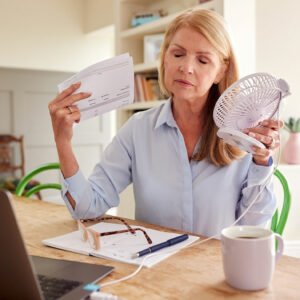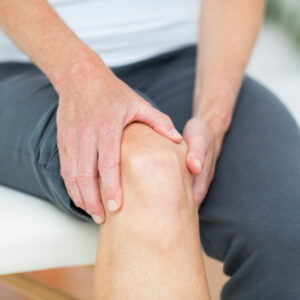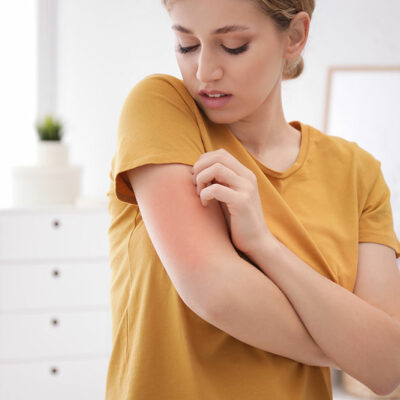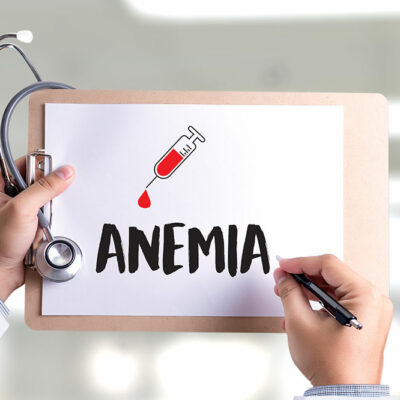
01
6 warning signs of prostate cancer to be aware of
Prostate cancer is one of the most common types of cancer affecting men, especially those over 50. Like most health issues, early detection is critical in treating the disease; the same goes for prostate cancer. However, there are some early warning signs which can help in identifying the disease. If you notice any of these, you must speak to a health professional immediately and get the necessary tests done immediately. Change in urinary habits Men with prostate cancer can experience some changes in their urinary habits. This can be the need to urinate more frequently, especially at night, leading to sleep discomfort. It is also possible that they may have trouble starting or stopping the urine stream. This could be due to weak urine flow, and it can also make the bladder feel like it has not been appropriately emptied, leading to discomfort. Pain or discomfort Prostate cancer can cause pain in the pelvic region, which can also extend to the lower back and upper thighs. It is also possible that during ejaculation, some men may experience intense pain. These are all signs that a health professional should make a proper diagnosis to check the prostate. Blood in the urine This is an alarming sign of prostate cancer and can even be painful.
Read More 










